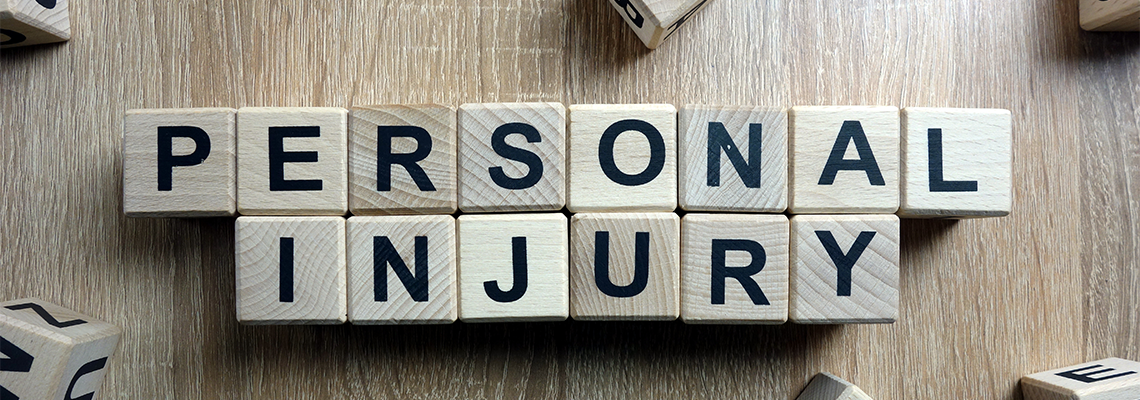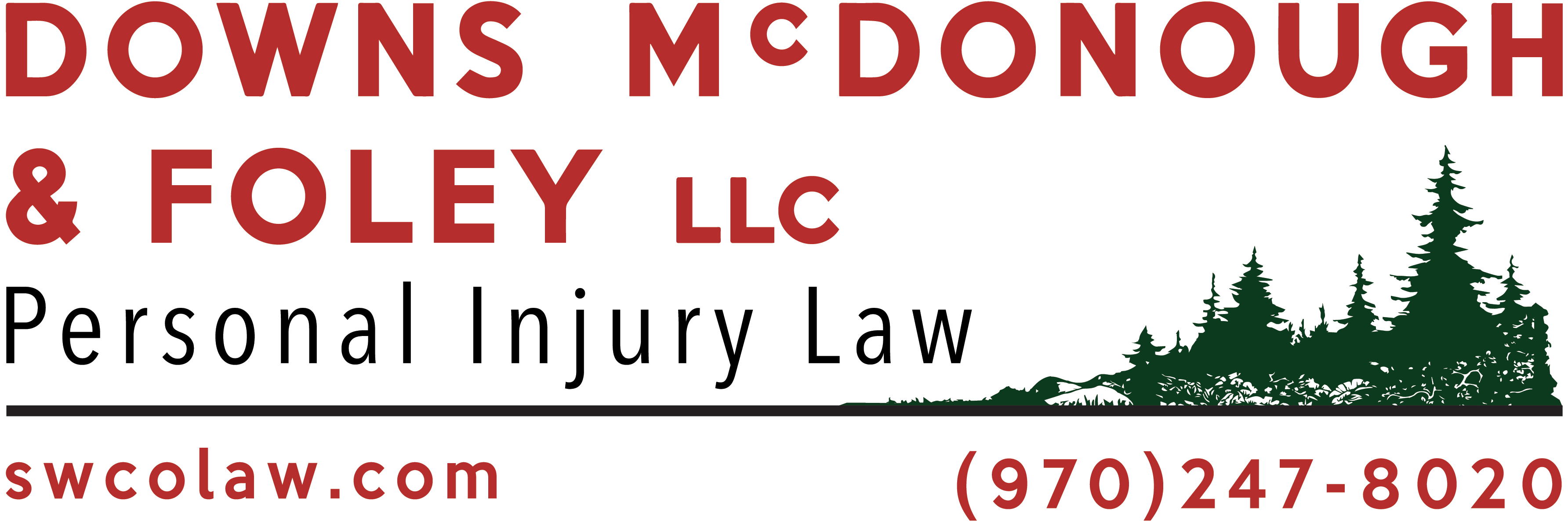
The Discovery Process in a Personal Injury Case
Sustaining personal injuries can have devastating consequences on a victim’s life. From physical harm to emotional distress, personal injuries can be a challenging situation to overcome. That is why insurance companies settle 95% of personal injury cases before trial in Colorado. When hiring an experienced personal injury attorney, insurers understand that negotiating fairly is always better than going through lengthy litigation. Ultimately, they will have to pay victims fair compensation. By negotiating fairly, insurers save legal fees and time.
At Downs McDonough & Foley, LLC, we battle for our client’s right to fair compensation. We know that insurance companies want to save as much as they can. So, we save them time and expenses by negotiating the right compensation for our clients from the beginning. We proudly work for the people of Durango, Colorado. We also strive to do our best for the communities of Telluride, Pagosa Springs, Cortez, and the Four Corners, as they seek to rebuild their lives following grievous personal injuries.
The Discovery Process in a Personal Injury Case
Discovery is the pre-trial process in a personal injury case, where both parties exchange information and evidence relevant to the case. The purpose of discovery is to ensure both sides have access to all the information necessary to prepare their case for trial.
Please note that the discovery process allows both the plaintiff and the defendant to obtain information about the accident, the injuries sustained, and other relevant details. These details can include medical records, police reports, witness statements, and other documents or evidence related to the events.
By exchanging information and evidence through the discovery process, both parties can better understand the strengths and weaknesses of their arguments. This process can help facilitate settlement negotiations, as both sides can make informed decisions about whether to settle or proceed to trial.
Discovery can also help prevent surprises at trial, as both sides are required to disclose all relevant information and evidence in advance. This process can help ensure a fair and efficient trial, as both sides are prepared and have the information necessary to present their case effectively.
Types of Discovery in a Personal Injury Case
The discovery process typically includes the following:
Interrogatories. Written questions one party sends to the other party must be answered under oath.
Request for Production of Documents. A request for the other party to provide documents that are relevant to the case, such as medical records, police reports, and witness statements.
Depositions. Testimony is taken under oath from witnesses, including the plaintiff, defendant, and other witnesses who may have relevant information.
Requests for Admission. A request for the other party to admit or deny certain facts related to the case.
Keep in mind that it’s important to work with an experienced personal injury attorney who can guide victims through the discovery process and help build a strong case.
Relevancy vs. Privileged Matters in a Personal Injury Case
In a personal injury case, relevancy refers to evidence or information directly related to the case and admissible in court. Relevant evidence tends to prove or disprove a fact that is in dispute in the case. For example, in a car accident case, evidence of the defendant’s speeding may be relevant to the question of liability.
On the other hand, privileged matters refer to information or communications protected by a legal privilege and cannot be disclosed in court. Common examples of privileged matters in a personal injury case include attorney-client communications, doctor-patient communications, and spousal communications.
Confidential matters are typically protected from disclosure by law and cannot be used as evidence in court. This situation means that even if a piece of evidence is relevant to the case, it may not be admissible if it is privileged.
How Long Does the Discovery Process Take?
The duration of the discovery process in a personal injury case can vary depending on a number of factors, including the case’s complexity, the number of parties involved, and the scope of the discovery requests. In general, the discovery process can take several months to a year or more to complete. That is why working with a professional and experienced personal injury attorney is a good way to ensure the discovery process completes as soon as possible.
We Can Take It From Here
At Downs McDonough & Foley, LLC, we understand the challenges involved in any personal injury and have the compassion to help. Also, our team is prepared to fight in your corner so you can focus on recovering from your injuries.
Contact our firm today to schedule a consultation. We proudly serve clients in Durango, Telluride, Pagosa Springs, Cortez, and the Four Corners, Colorado.

